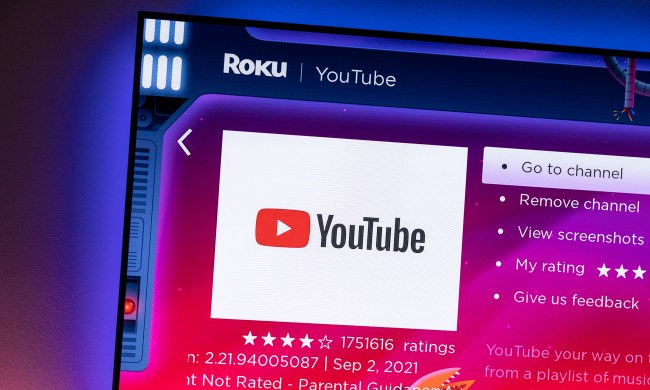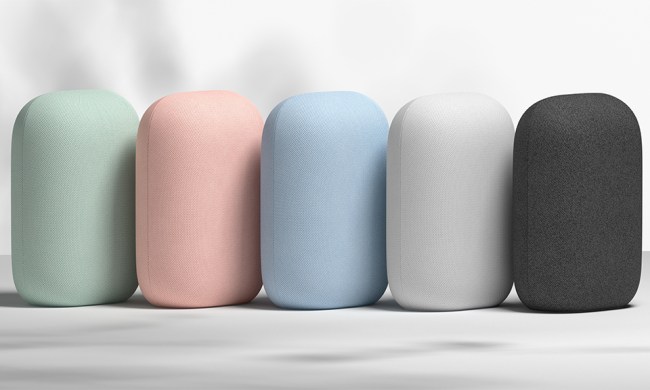Earlier this week, we reported on a spat between the BBC and Google over podcasting. BBC podcast listeners have been unable to get their fix via Google’s products, like its stand-alone podcast app or Google Home (via the Google Assistant), since March 19. At first, the British broadcaster cited concerns over access to data, but now it has revealed it’s simply uncomfortable with the degree to which third parties like Google, Apple, and Spotify have control over access to BBC content.
In pulling its podcasts from Google, the BBC encouraged its listeners to use its own BBC Sounds app pending a resolution of the dispute. However, the publicly funded corporation would probably prefer if its podcast subscribers ditched Google entirely, as its latest blog post reveals.
In the update, James Purnell, BBC director of radio and education, cited the need to “safeguard British radio for now and future generations,” and targeted streaming audio giants as the greatest threat to that security. “Global players are entering the industry like never before,” Purnell said. “Already, Apple and Spotify account for over 80 percent of the music streaming and podcast markets in the U.K.”
If you can’t trust Apple, Spotify, and Google with the future of British radio, then who can you trust? The BBC’s answer: The BBC. “With BBC Sounds, we are already offering an alternative audio destination to the global platforms. But for the last few months, we have also been talking to colleagues in British radio to see if Sounds could help them,” Purnell said.
The corporation’s sudden spearheading of a Britain-first strategy to protect the interests of its listeners and those of its fellow British broadcasters could be a successful move, especially as it appears to capitalize on half the country’s enthusiasm for Brexit-style policies. But the plan could backfire. The BBC Sounds app has not been especially popular with users. Despite the fact that Purnell claims that it has been downloaded more than 1.7 million times, and that 85 percent of Sounds users say they would recommend it to a friend, reader comments on BBC blog posts paint a very different picture.
“Mr Purnell, you are delusional!” wrote one particularly critical commenter, who then demanded to know where Purnell got his 85 percent recommendation stat. “Where did you get this dubious statistic from? The feedback on Google Play is terrible, with an average rating of 2.2 compared to iPlayer Radio’s 3.7.”
“I tried your BBC Sounds App and found it to be a horrendous user experience,” wrote one disgruntled user, “If you want access to ‘meaningful’ data regarding your shows and listeners, make your apps and services so compelling and well-thought-out that us end users wouldn’t even dream of using another platform.” Another wrote, “It’s a shame that you do this to you listeners. Every morning, I’m listening to BBC news on my Google Home, and now I can’t! You should undo this.”
Will the BBC be successful in its attempt to reclaim its podcast content and end its dependence on Apple, Google, and others? Or will it successfully negotiate new terms with these companies that give it the control it desires? We’ll update this article when we learn more.
Updated March 28, 2019: New details emerged earlier todayregarding the BBC’s decision to withdraw its content from Google. The article has been updated to reflect this news.


